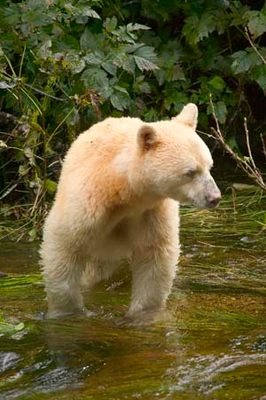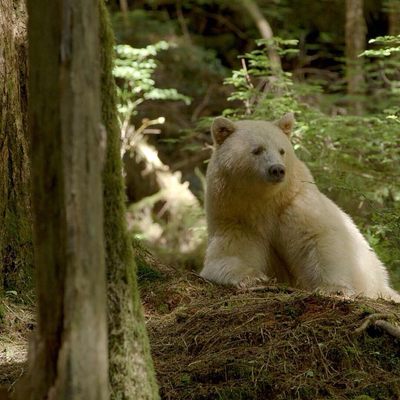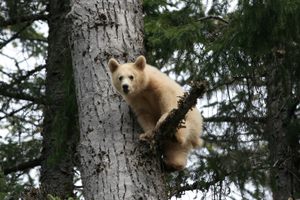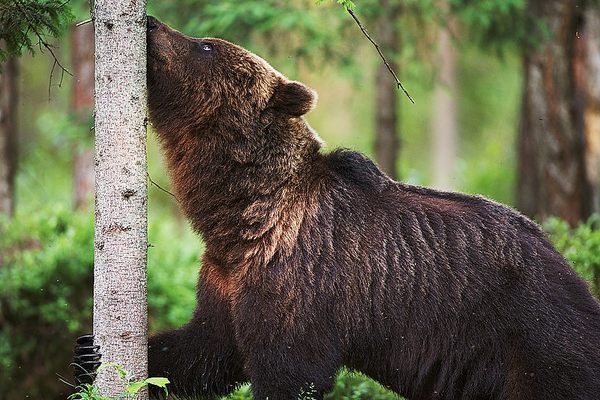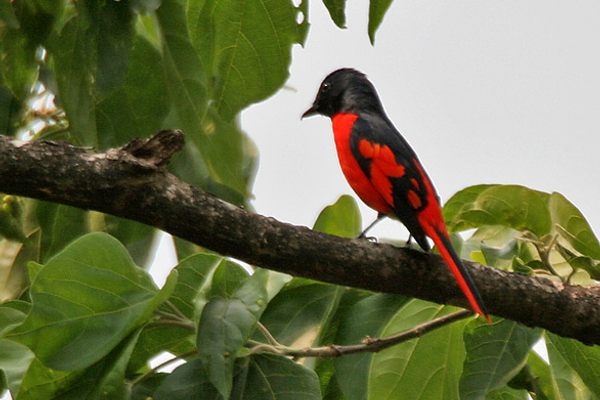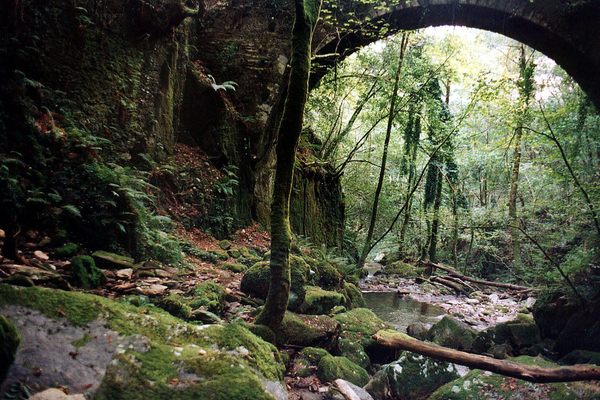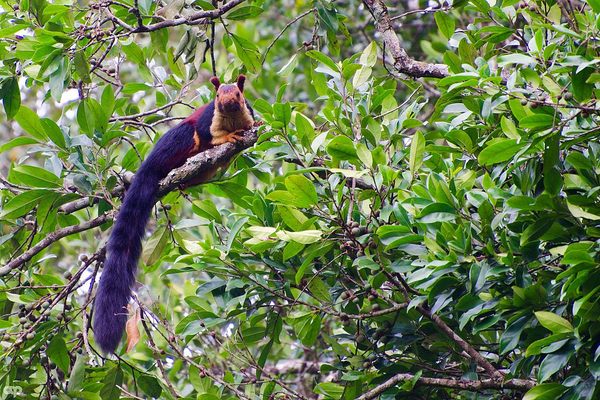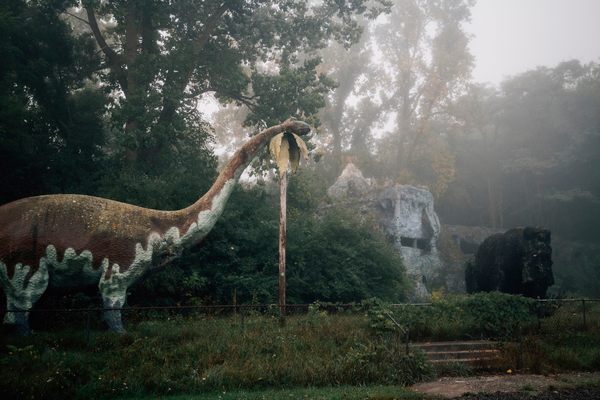About
On the central and northern coast of British Columbia is a vast and pristine wilderness. Prowling within this wooded swath of earth is the rare Kermode Bear.
Often referred to as spirit bears, the Kermode is not a Polar Bear or an albino, it’s a rare subspecies of American Black bear with a recessive gene that causes its fur to be white. Between 10 to 20 percent of bears in this region are born with this recessive gene.
The spirit bears are the main attraction to the forest, as this is the only place in the world you can find them. Fewer than 400 are estimated to exist, with the majority living on Princess Royal Island, Gribble Island, and Roderick Island.
The chance of spotting one of these amazing bears isn’t the only reason to visit Great Bear Rainforest. While there, you can explore forests, glacial fjords, and soak in hot springs. You can enjoy hiking, fishing, kayaking, and wildlife safari. The rainforest is home to wolves, moose, otter, eagles, and dolphins. The Khutzeymateen region is home to the world's largest population of Grizzly Bears, while Johnstone Strait and Broughton Archipelago are some of the best places in the world to spot orcas.
In 2016, the British Columbia government officially recognized the ecological and cultural importance of the region and thus passed the Great Bear Rainforest Act which protects 85 percent of the forest from habitat destruction.
Related Tags
Know Before You Go
There are few roads into Great Bear Rainforest. The area is mostly accessible by boat or floatplane with several operators providing fights and sailing tours. The warmest times to visit the forest are June to August and bear viewing seasons is June to October. The best time to see bears is late August to September during the annual salmon run when the bears are hunting the fish. Great Bear Rainforest is a pristine and protected environment so please practice responsible tourism by not leaving trash or chemicals in the forest, rivers, or ocean. Remember you are a visitor in the bear's home. Bears are majestic, wild animals capable of inflicting serious harm so please practice bear etiquette.
Published
March 15, 2019

